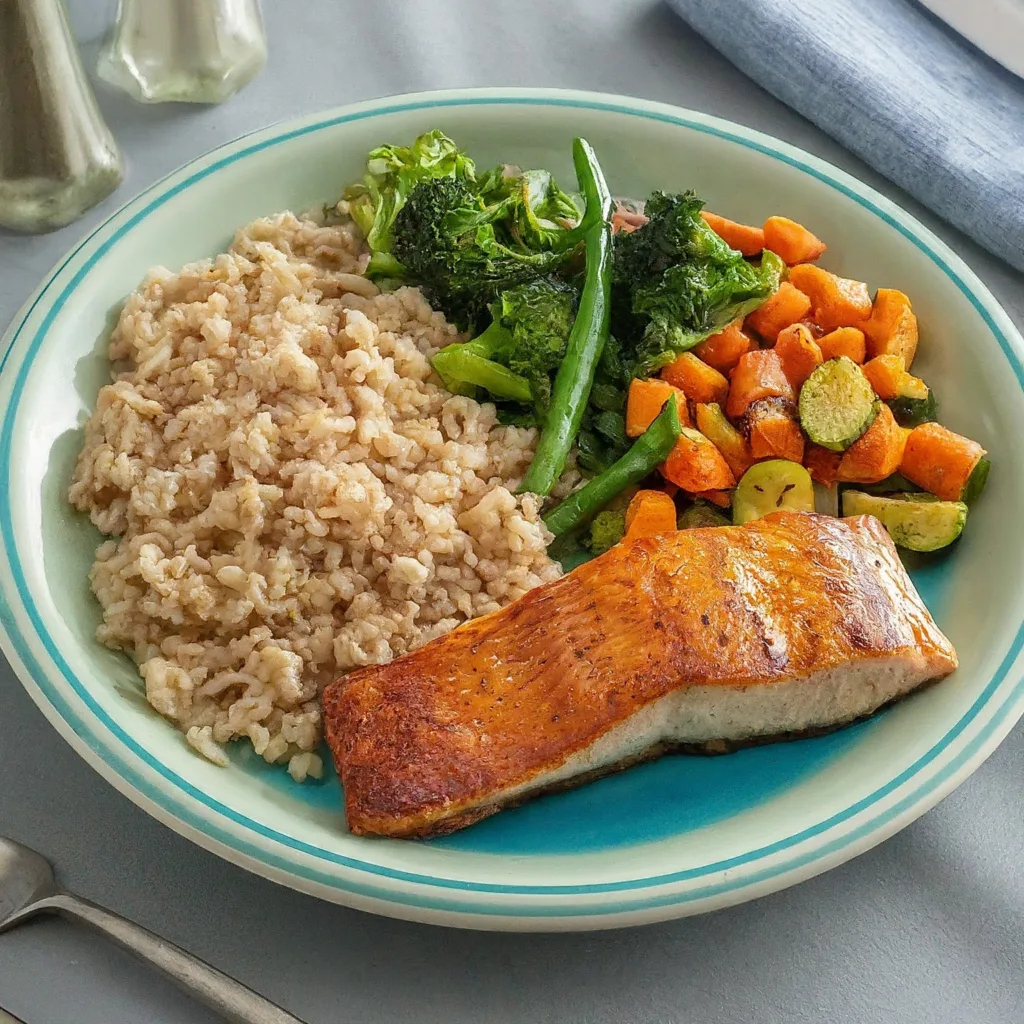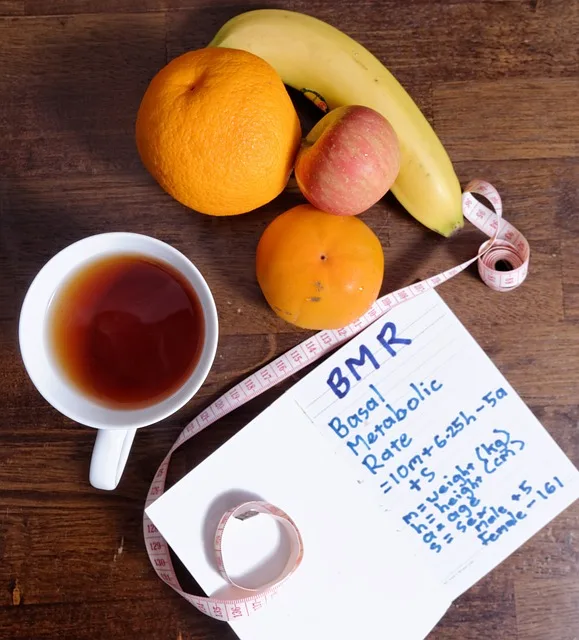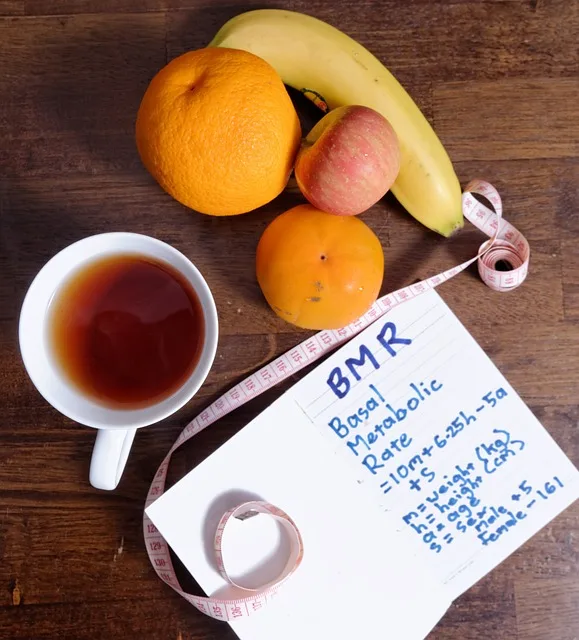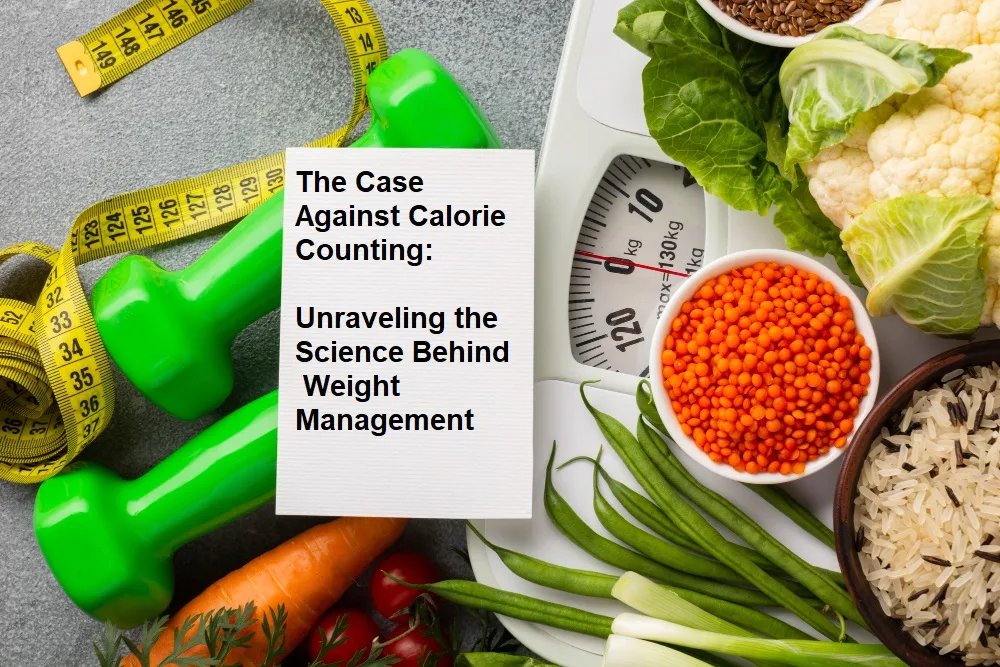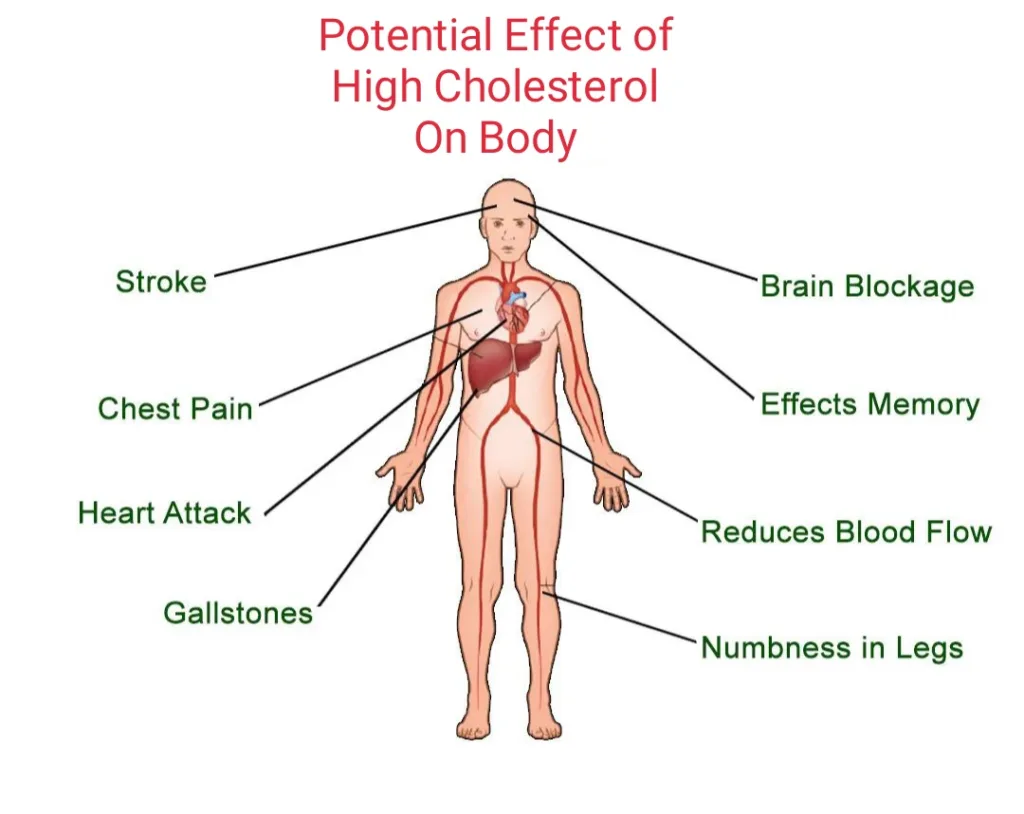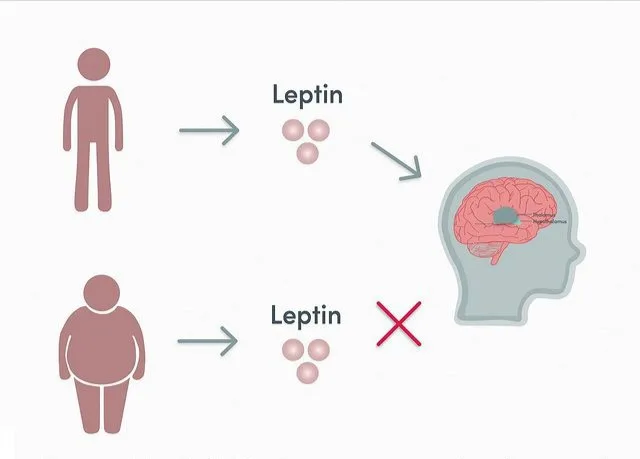Live a Disciplined Healthy, Fit Life, Good health, wellness, and fitness are important for all people.
Identify and live a Disciplined, Healthy, Fit Life skills that predispose and enable you to change and reinforce changes once you have made them.
Learning and regularly using self-management skills can help you adopt and maintain healthy lifestyles throughout life.
Healthy eating and exercising discipline
No one can force you to eat right and exercise, so you must use self-discipline to get up from the couch and throw that bag of chips. It is not always easy, but you can improve your self-discipline with practice, just as you are better at sports the more you play. Creating a plan with small, measurable goals helps you maintain self-control for short intervals and can get back on track if you miss a benchmark.
Along with exercising, nutrition, rest, good posture and nerve intervention and checking your spine for proper work, there are disciplines of many top performers in sports, recreation and board rooms. Top performers are disciplined and they routinely take up chiropractic care of practicing health subjects so that their nervous system can function properly, which is important for good health.
Healthy eating to live a disciplined healthy & fit
Healthy eating is important for all of us. What we eat has a profound effect on our health and enjoyment of life.
The latest research suggests that the foods we choose – or not to eat – can increase our life span or the quality of our lives. Without the news about food and its impact on health, it does not take a day.
The message that we can reduce the chances of developing cancer, high blood pressure, diabetes, and other diseases by maintaining a healthy weight, reducing fat and calories in our diet, eating more vitamin- and mineral-rich fruits and vegetables.
You should eat properly to see good results from working outside. You can remove the weight of the treadmill and the pound until the cows come home and still see very few results if you don’t know how to support those activities with the right nutrition. Here are tips to help you:
1. Eat right amount of calories
It is important that you feed your body enough, and this is especially true when you work outdoors. If you under-feed your body, you will not be surprised if you do not have the energy for hard training or if you usually feel exhausted.
If you exercise at least three times per week, make sure that you are feeding your body enough to repair itself, using the following formula.
- Per day eat 1 gram of protein per pound of your bodyweight.
- 1.5 grams of carbs per pound of body weight each day.
- 1 gram of healthy fat per 4 pounds of body weight each day.
If you are 130 pound women, it would look like this:
- 130 grams of protein each day
- 195 grams of carbs each day
- 32 grams of fat each day
This is about 1,600 calories per day, which should work to increase strength without slowing down, stagnant muscles and no fat, which is added along the way (which should really be the goal of “maintenance”).
If your priority is to gain muscle, then you need to increase your “maintenance” calories by about 20%. The easiest way to do this is to bump up your carbs and fats (1 gram of carbohydrate has about 4 calories, and 1 gram of fat about 9).
If you’re trying to lose fat, then you need to decrease your “maintenance” calories by about 20%. The easiest way to do this is to primarily reduce your carbs (don’t drop your fats to less than 15-20% of your daily calories).
2. Eat high quality protein
If you workout, you need more protein than someone who does not work. Why? Because exercise causes muscle damage, and protein is used to correct this damage.
With each rep you make, you are creating “micro tears” in your muscle fibers, and your body uses amino acids – which are made up of proteins – to cure them. However, the body does not merely repair them to their previous positions; This makes them bigger and stronger so that it can better handle the stress of exercise.
Now, there are two main sources of protein out there:
WHOLE FOOD PROTEINS:
- Eggs
- Quinoa
- Brown Rice
- Amaranth
- Dairy
- Tempeh
- Tofu
- Beans
- Almonds
SUPPLEMENT PROTEIN:
- Egg protein
- Whey protein
- Casein protein
- Rice or other vegan proteins
3. Eat good carbs
The carbohydrate is probably the most misunderstood, maligned, and feared macro-nutrient. Thanks to the scores of bogus diet plans and suggestions out there, many of us equate eating carbs with getting fat. While eating TOO MANY carbs can make you fat (just as eating too much protein or fat can), carbs are hardly your enemy. It is play an important role in not only muscle growth but in overall body function.
Regardless of what type of carbohydrate you eat—broccoli or apple pie—the body breaks it down into two substances: glucose and glycogen.
Glucose:
Glucose is commonly referred to as “blood sugar,” and it’s an energy source used by your cells to do the many things they do.
Glycogen:
Glycogen is a substance stored in the liver and muscles that can be easily converted to glucose for immediate energy.
When you lift weights intensely, your muscles use their glycogen stores to cope with the overload.
Now, why is broccoli good for you but apple pie isn’t? Because your body reacts very differently to broccoli than to apple pie.
You’ve probably heard the terms “simple” and “complex” carbs before and wondered what they meant. You might have also heard of the glycemic index (GI) and wondered what it was all about.
These things are actually pretty simple:
- The glycemic index could be a numeric system of ranking how quickly carbohydrates are converted into glucose within the body.
- Carbs are ranked on a scale of 0 to 100 depending how they affect blood sugar levels once eaten.
- A GI rating of 55 and under is taken into account “low GI,” 56 to 69 is medium, and 70 and above is high on the index.
A “simple” carb is one that converts very quickly (is high on the glycemic index), such as table sugar, honey, and watermelon, while a “complex” carb is one that converts slowly (is low on the glycemic index), like broccoli, apple, and whole-grain bread.
It’s very important to know where the carbs you eat fall on the index, because studies have linked regular consumption of high-GI carbs to increased risk for heart disease, diabetes, and obesity.
The amount of carbohydrates that you should eat every day depends on what you’re trying to accomplish. Building muscle requires that you eat a substantial amount of carbs, while dieting to lose weight requires that you reduce carbs.
What number of carbs
Regardless of what number carbs you would like to eat per day, there’s an easy rule to follow regarding high, medium, and low-glycemic carbs.
Eat carbs within the medium–high range of the glycemic index (70 – 90 could be a good rule of thumb) about half-hour before you exercise, and again within half-hour of finishing your workout.
Reasons to have carbs before training:
The reason you want some carbs before training is that you need the energy for it. The reason you want them after is that your muscles’ glycogen stores are heavily depleted, and by replacing it quickly, you actually help your body repair the damage and maintain an anabolic state.
Below are the tasty, healthy carbs that you simply can include in your diet:
| FOOD | GI |
|---|---|
| Brown rice | 55 |
| Basmati rice | 43 |
| Oatmeal | 58 |
| Whole grain sourdough bread | 48 |
| Multi-grain muffin | 45 |
| Multi-grain bread | 43 |
| Black beans | 30 |
| Peanuts | 14 |
| Almonds | 10 |
| Apple | 38 |
| Orange | 42 |
| Yam | 37 |
| Strawberries | 40 |
| Blackberries | 32 |
If you’re unsure about a carb you like, look it up to see where it falls on the glycemic index. If it’s above 60, just leave it out of your meals that aren’t immediately before or after working out.
4. Eat healthy fat
Fat is the most dense energy source for your body. Each gram of fat has twice the calories of one gram of carbohydrate or protein. Healthy fats, such as olive oil, avocados, flax seed oil, many nuts, and other foods, are actually an important ingredient for overall good health.
Fats help your body absorb other nutrients you are given, they nourish the nervous system, help maintain cell structures, regulate hormone levels, and more.
Some fats are unhealthy, however, and can lead to disease and other health problems. This type of fat is called trans fat.
Most people eat more fat than necessary, thus adding a lot of unnecessary calories to their daily intake. Getting enough healthy fats every day is very simple.
Here’s how it works:
- Keep your saturated fat intake low (less than 10% of your total calories).
- Saturated fat is found in foods such as meat, dairy products, eggs, coconut oil, and lard.
- If the fat is solid at room temperature, it is a saturated fat.
- Avoid trans fats altogether, which are the worst types of saturated fat.
- Trans fats are found in processed foods like: cookies, cakes, fries and donuts.
- Any food which contains “hydrogenated oil” or “partially hydrogenated oil” mostly contains trans fat, so do not eat it.
- Sure, there is a hoax here and there that contains trans fats, nothing can harm them, but you definitely do not want to eat them regularly.
- Get most of your fat from unsaturated fats such as olive oil, nuts, peanut oil, avocados, flax seed oil, safflower oil, sesame oil or cottonseed oil.
- If fat is liquid at room temperature, it is an unsaturated fat.
5. Eat fruits and veggies
Your body needs many different things to function optimally. It may not look and feel great on protein and carbs. You need calcium to ensure that your muscles can properly shrink and relax. You need fiber to move food through the digestive system. And you need iron to carry oxygen to your cells and make energy.
There are many other “little helpers” that your body needs to perform its many physiological processes, and fruits and vegetables contain many important nutrients that you cannot get from vitamin supplements. By eating 3 – 5 servings of both fruits and vegetables per day, you enjoy the many benefits these nutrients give to your body, such as reducing your risk of cancer, heart disease, diabetes, and many other diseases.
Exercising to live a disciplined healthy & fit life
Regular exercise, ability to cross boundaries, monitor calorie intake and proper diet selection – all of this requires discipline. However, not everyone is able to control their decisions, and most of us make excuses for weak willpower. So, how do we achieve healthy self-control that will keep you on track to live a disciplined healthy & fit life? Try these simple steps to achieve self-discipline like iron!
Create a plan and measurable goals
If you want to achieve something in life, you need a plan. Your daily and weekly schedule can be very time consuming or physically demanding. Therefore, adjust your schedule based on your new goals. It does not matter whether you want to lose 5 or 50 kg or run 10 or 30 km. You need to set a clearly defined plan to achieve all your goals.
Turn your fitness activities into fun
Today’s the world of sports and fitness offers a wide range of physical activities. Because we wrote some examples to help you stay in shape, and at the same time, they are super fun. Here are:
- The jump
- Walking and walking
- Dance
- Yoga
- drive drove
- Bicycling
- roller skating
- Pole dance
- Group exercises such as Tabata, Zumba and aerobics
Run up the stairs, jump on a stationary bike while watching TV, or go to the store. You do something for your body, health and at the same time, burn some extra calories.
In today’s innovative era, even gym exercise can become a sport. Use fitness apps to compete with your partner or even against you. Fight for better performance or break your record every day. Add great motivational music to it and a success to live a disciplined healthy & fit life is guaranteed.


